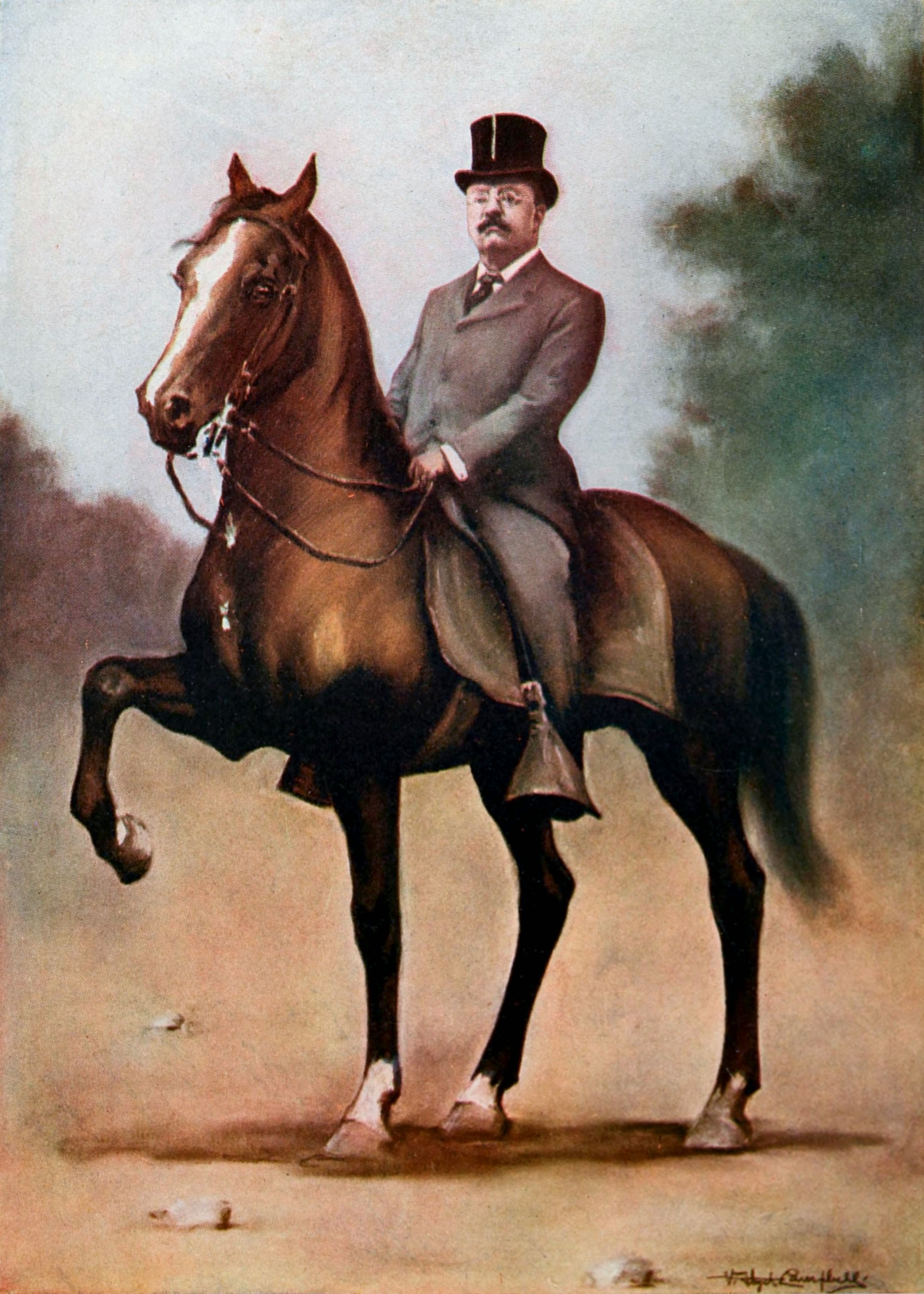North Carolina recently signed a bill into law that prevents cities from passing LGBT non-discrimination ordinances.
That's a problem because North Carolina doesn't have any specific statewide protections in place to prevent discrimination towards gay and
transgender people. Seeing a gap in protection, the city of Charlotte passed a bill outlawing discrimination towards gay and transgender people.
Not
willing to let city laws be out of step with the state, the North
Carolina state government passed a bill that overturned the Charlotte
non-discrimination law. The bill also mandated that students use
bathrooms that correspond to the gender on their birth certificate, and
prevented cities from raising their minimum wage, which had nothing to
do with anything except that the state house does not appreciate when localities try to enact progressive provisions that are counter to state
law. |
| What transgender women really do in the bathroom. |
A lack of non-discrimination protections in state, city and federal law is a huge problem for transgender people. In 30 states, people can be denied housing solely because they are transgender. This has real-life consequences, with at least 11% of transgender people reporting that they had been evicted due to their identity. And in those same 30 states, transgender people can be fired just because of their gender identity, and 26% of transgender people have had that happen to them.
In the absence of statewide protections for transgender people, many cities have stepped up to fill in the gaps. The most prominent has been New York City, which recently clarified their 2002 gender non-discrimination provisions to include gender identity. Basically, this means that just as it's illegal to discriminate against women for their gender, it's illegal to discriminate against transgender people because they are transgender. This March, Mayor DeBlasio took an extra step, signing an executive order affirming transgender people's right to use the bathroom for the gender they identify as.
And while New York state does has protections for transgender people, due to an executive order signed by Governor Cuomo, but there is no statewide law explicitly protecting transgender New Yorkers. Even in progressive states, transgender people still lack strong legal protections, which is why many cities, Charlotte included, stepped up to fill in the gaps.
 |
| After all, does the Right really want this transgender man using a women's bathroom? Because that's what the North Carolina bill forces him to do. |
This is what makes the North Carolina bill much worse that previous anti-LGBTQ bills. The bill signed into law by the governor actively prevents cities and localities from passing certain types of laws, while simultaneously creating transphobic policies.
The fight for equality and non-discrimination has been reduced to baseless fears about transgender people in bathrooms. A completely unfounded fear, since it's far more likely that transgender people will be harassed or assaulted in bathrooms, with over 70% of trans people experiencing some form of harassment when they tried to use a public restroom.
| The hashtag says it all. |
I thought I would never have a good defense for the bathroom worries, until my wonderful brother Cosi gave me a great argument against comments like, "I don't want men in the bathroom with women!" His point was that people are worried about men being the bathroom with women because men are attracted to women, and thus could pose a threat. But then, he pointed out, why aren't those same people worried about people who are attracted to women being in the bathroom with women? After all, I'm a pretty strong woman, who is attracted to women, and therefore, by that logic, could pose a danger to them.
But that's not an issue, as no one is suggesting that we segregate bathrooms by orientation, in addition to gender. To paraphrase a Cesar Chavez quote, the fight is never about bathrooms or dressing rooms. The fight is always about people. And in this case, the fight is about transgender people having their civil rights taken away by transphobic people.
I know my blog readership, and I know I'm preaching to the choir with this post, but I hope that this little collection of links and opinions helps you when you talk to people in your life, or representatives in your state, who may not agree with you about this. Including your representatives in New York, which does still lack some basic protections, crazy as that may seem.
 |
| Follow @AlexSBillings on Twitter! |









